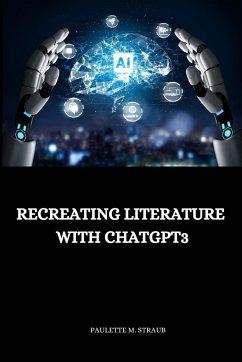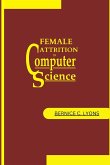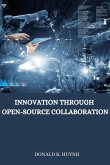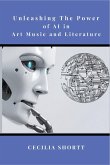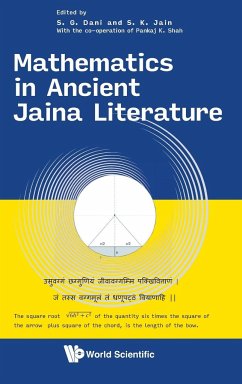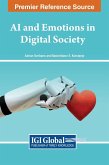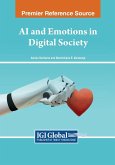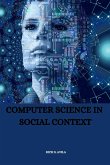Text generated by Artificial Intelligence (AI) is increasing in frequency and complexity, especially with the recent developments by Open-AI's ChatGPT3 (GPT) language model. This quantitative study will show the advances and shortcomings of GPT with six classic poems and their GTP re-creations. Lexical diversity analysis will be conducted to evaluate effective text- scoring methods. It will conclude that Maas' and Dugast's diversity scores account for most of the correlation in this study's dataset. The high-level analysis will show the difference between the original poems and GPT's prompted telling of the originals. Sentiment analysis using Python's TextBlob and Plotly scatterplots will show how different GPT re-creations deviate from the original text and vary in subjectivity and polarity.

